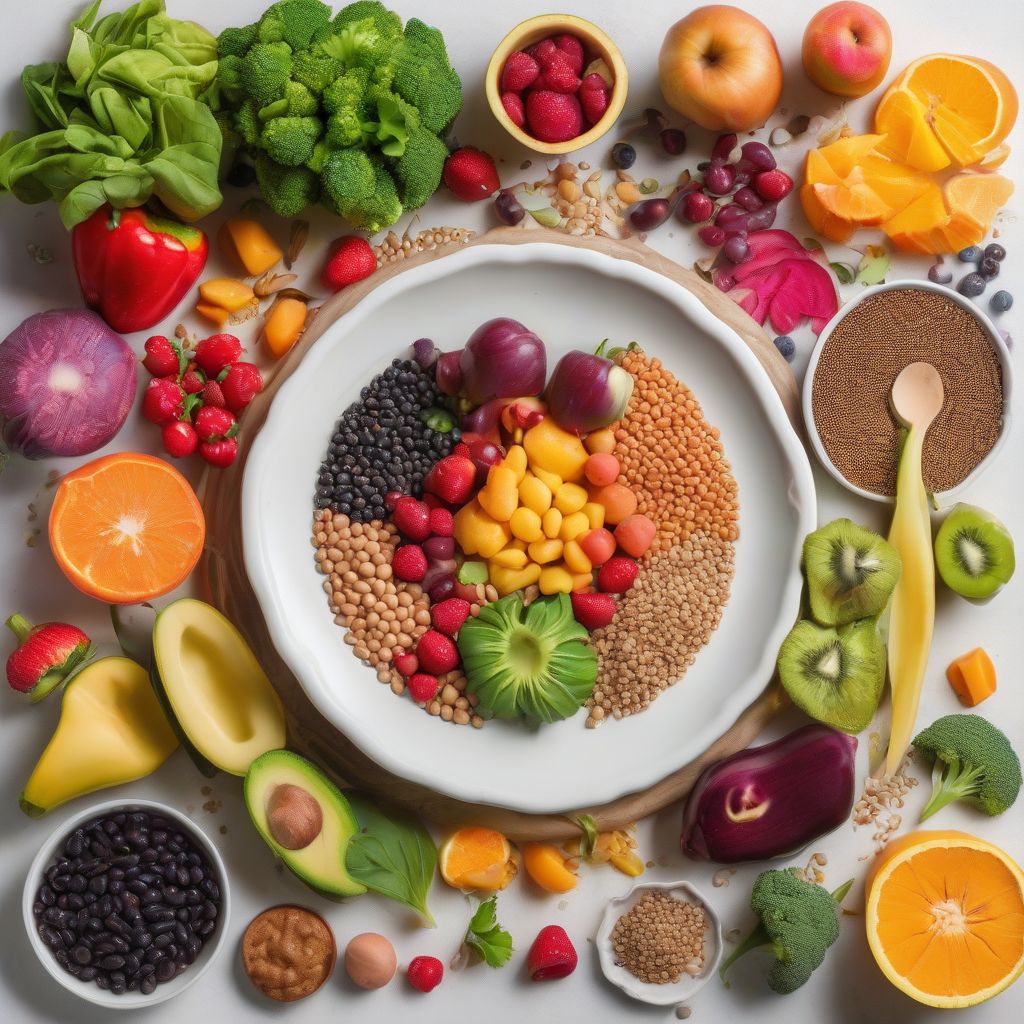Imagine a world where our plates are not just filled with delicious and nourishing food, but also hold the power to combat climate change. It might sound like a dream, but embracing a plant-based diet can be a powerful step towards a healthier planet. As a nutritionist and meal-prep coach, I’m passionate about helping people make sustainable choices that benefit both their health and the environment. Let’s dive into the incredible impact of plant-based diets on our planet.
The Environmental Burden of Our Plates
The food we consume has a significant impact on the environment. From the resources used in production to the greenhouse gases emitted, our dietary choices have far-reaching consequences.
Meat Production: A Major Culprit
Industrial animal agriculture is a leading contributor to greenhouse gas emissions, deforestation, and water pollution.
- Greenhouse Gases: Livestock, particularly cattle, produce significant amounts of methane, a potent greenhouse gas.
- Land Use: Raising animals for food requires vast amounts of land for grazing and feed production, leading to deforestation and habitat loss.
- Water Consumption: Animal agriculture is incredibly water-intensive, requiring enormous amounts of water for feed production and animal care.
Plant-Based Diets: A Sustainable Solution
Shifting towards a plant-based diet can significantly reduce our environmental footprint.
- Lower Greenhouse Gas Emissions: Studies show that plant-based diets can reduce diet-related greenhouse gas emissions by up to 50%.
- Reduced Land Use: Plant-based foods require significantly less land to produce compared to animal products, freeing up land for reforestation and wildlife habitats.
- Water Conservation: Choosing plant-based options can significantly reduce our water footprint as plant-based foods generally require less water to produce.
 Plant-Based Diet for a Healthier Planet
Plant-Based Diet for a Healthier Planet
The Nutritional Powerhouse of Plant-Based Eating
Switching to a plant-based diet is not just good for the planet, it’s also incredibly beneficial for your health!
- Rich in Nutrients: Plant-based diets are naturally rich in fruits, vegetables, legumes, and whole grains, providing essential vitamins, minerals, antioxidants, and fiber.
- Disease Prevention: Studies show that plant-based diets can reduce the risk of chronic diseases such as heart disease, type 2 diabetes, certain types of cancer, and obesity.
- Improved Digestion: The fiber in plant-based foods promotes healthy digestion and supports a healthy gut microbiome.
Making the Switch: Simple Steps for a Sustainable Plate
Transitioning to a more plant-based lifestyle doesn’t have to be overwhelming. Here are some simple steps to get you started:
- Crowd Out with Plants: Instead of focusing on restrictions, start by adding more plant-based foods to your plate.
- Explore New Recipes: Experiment with delicious plant-based recipes from around the world. There are endless possibilities!
- Start with One Meal: Begin with one plant-based meal a day and gradually increase it over time.
- Join a Community: Connect with others who are embracing a plant-based lifestyle for support and inspiration.
A Brighter Future, One Plant-Based Meal at a Time
Choosing a plant-based diet is a powerful act of environmental stewardship and a commitment to a healthier future. By making conscious choices about the food we consume, we can collectively reduce our impact on the planet and create a more sustainable and thriving world for generations to come.
What steps are you taking towards a more plant-based lifestyle? Share your thoughts and recipes in the comments below! Let’s inspire each other to make a difference.
[amazon bestseller=”plant-based cookbook”]
